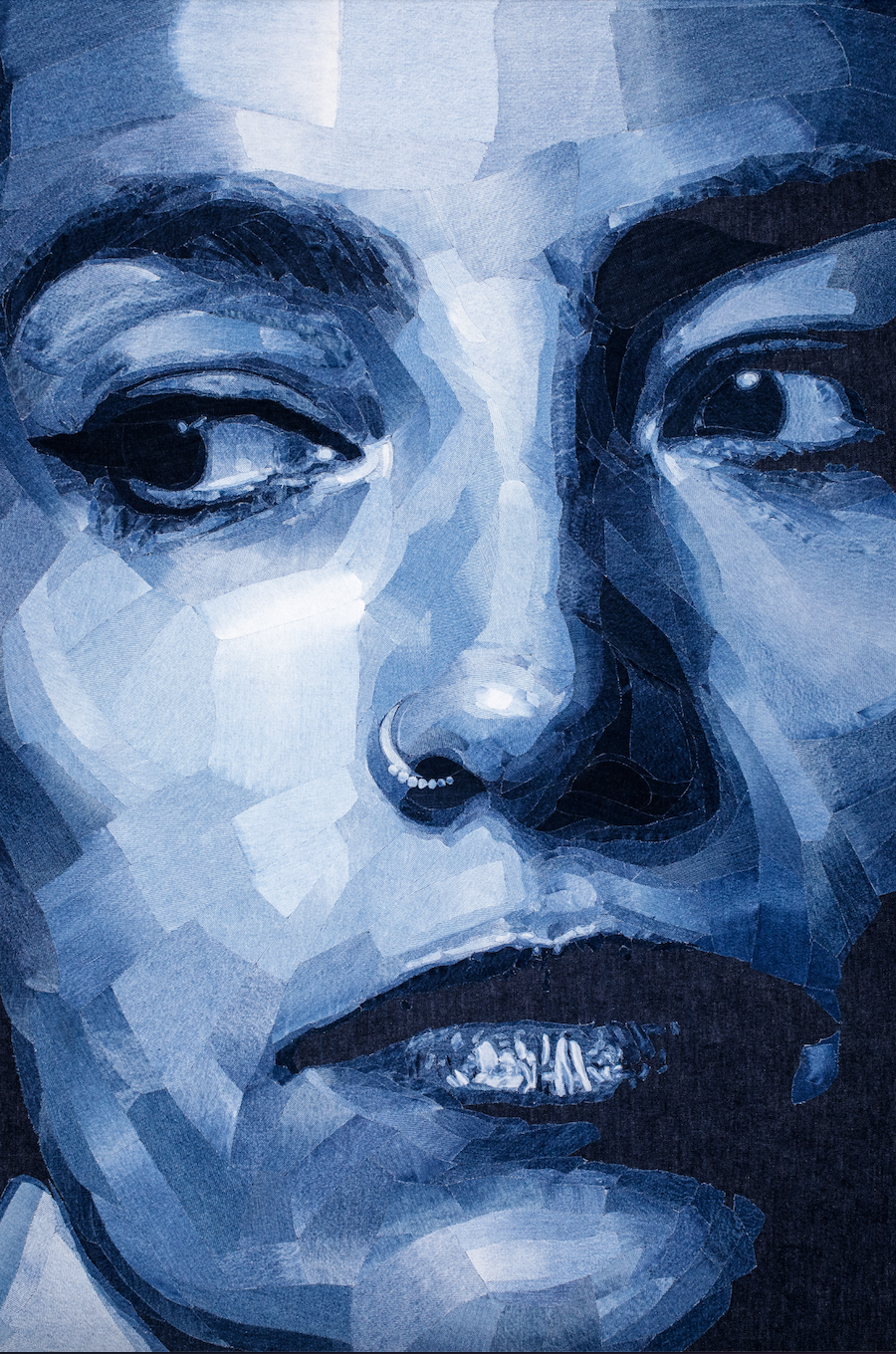ANA TIJOUX
(1977, LILLE - FRANCE)
Anamaría Tijoux Merino, better known as Ana Tijoux or Anita Tijoux (French pronunciation: [ti'ʒu]), is a Chilean-French singer, musician, rapper, lyricist and composer. She gained recognition in Latin America as the female MC of the hip-hop group Makiza during the late 1990s, spreading her success following her second solo album, “1977”. Her music speaks to the tune of hip hop, fused.
Feminist and activist. In her lyrics, she denounces social and cultural shortcomings and positions herself in favor of women's rights and against gender violence. In 2014, the song "Antipatriarca" stood out on his album “Vengo”. He has worked in various countries in Latin America, Europe and the United States. She has been cataloged by various media as the "best and best known rapper in Spanish." She has been nominated on several occasions for the Grammy Awards. She lives in Chile and France.
She was born on June 12, 1977 in the French city of Lille, the daughter of sociologist María Emilia Tijoux and Roberto Merino Jorquera, two Chileans exiled from the military dictatorship after the coup d'etat of September 11, 1973 in that country. In 1982 her family moved to Paris for work issues, living in the neighborhoods of Belleville and Saint Maurice. 7 It would not be until 1983 when she knew Chile on a trip that she and her family made to visit her grandparents.
In 1988 she began to delve into hip hop, initially as a dancer. After the return to democracy in Chile, she returned to that country to settle there permanently in 1993.
In 1997 he began to form part of the Chilean rap band Makiza, known for spreading socially committed lyrics and praised for the dynamics of its production. The following year the band released its first album, “Vida Salvaje”, with great success. In 1999 they would launch “Aerolíneas Makiza”. An album that talks about taboo subjects such as life in exile, being a mother at an early age, etc.
ANA TIJOUX by Ian Berry
In 2004 Makiza met again, they remastered their first work "Vida Salvaje" and in 2005 they would release heir third and last album “Casino Royale”. He would also contribute with his voice to "Nea", vocalist of the animated series Pulentos broadcast by Channel 13. In 2006 she definitively distanced herself from Makiza and began his solo career, due to personal differences between the members of the band.
Her first solo album, entitled “Kaos”, produced by Nicolás Carrasco (Foex) of the Potoco Discos label, would be released in 2007, with his first single "Despabílate!". In this album he fuses funk, soul and other black rhythms, giving himself the freedom to compose sad, happy, dynamic and melodic songs with the desire to show a whole range of emotions. In June 2009, Anita made her first tour of Mexico, performing at the "Vive Latino" Festival on the 28th of that month, and then making several presentations in the Aztec capital.
With her album “1977” (2009), Ana Tijoux showed her skills through sophisticated rhythms and lyrics, wrapped in a voice with a touch of jazz. The album, named for his year of birth, paints a picture of his childhood in France and pays homage to the Chilean hip hop that inspired him in the early '90s. That same year the leader of Radiohead, Thom Yorke, recommended that his followers listen to the artist's song "1977", which increased the popularity of Tijoux in Europe. In addition, that song set the music for a scene from the fifth chapter of the fourth season of the popular “Breaking Bad” series and in the EA Sports FIFA 11 game.
In 2010 she toured the United States, and was also nominated for a Grammy. During 2011, MTV Iggy Pop highlighted her among the 12 best MCs worldwide, occupying the first place in this ranking, highlighting her latest album 1977. With “La bala” (2011), released under the Oveja Negra label, she undertook a march that pushes the limits with a style that alters and reorganizes the references of hip hop to convey a state of mind full of strength and that stands out for a sound full of contrasts in the brilliant triad of the songs «La bala», «Shock» and "Desclasificado", going through the humor and the programming of "Las cosas por su nombre", to the soul of "Mi medio y Volver". That same year, together with MC Lagarto, they played in various gigs in schools within the framework of the student mobilization in Chile in 2011.
Both in her record work Ana Tijoux and in her public statements, Tijoux has committed herself to defending women's rights and has denounced gender violence and inequality. Also the inequality faced by artists in the world of cinema, or singers.
Considered one of the main MCs in Latin America, Ana Tijoux has been nominated for the MTV Video Music Awards Latin America as "Best New Artist" and "Best Urban Artist", and became the second Chilean artist to be nominated for the Grammy Awards. from the United States reaching four nominations, becoming the Chilean with the most nominations for these awards: in 2011, she was nominated for the Grammy Awards with “1977” in the category “Best Latin/Urban/Alternative Rock Album”, which would be repeated in 2013 for “La Bala” and in 2015 with “Vengo” in the “Best Latin/Urban/Alternative Rock Album” category. Likewise, at the Latin Grammy Awards, she has been nominated with “La Bala” for “Best Urban Music Album” (2012) and with “Sacar la voz” (2013).
In 2014, she won a Latin Grammy Award with "Universos Paralelos" together with the uruguayan artist Jorge Drexler in the "Song of the Year" category and, in 2014, she was nominated with "Vengo" in the "Best Urban Song" category. In 2015, with his album "Vengo", he won four awards at the Pulsar Chilean Music Awards: Album of the Year, Song of the Year for "Vengo", Artist of the Year and Best Urban Music Artist.



